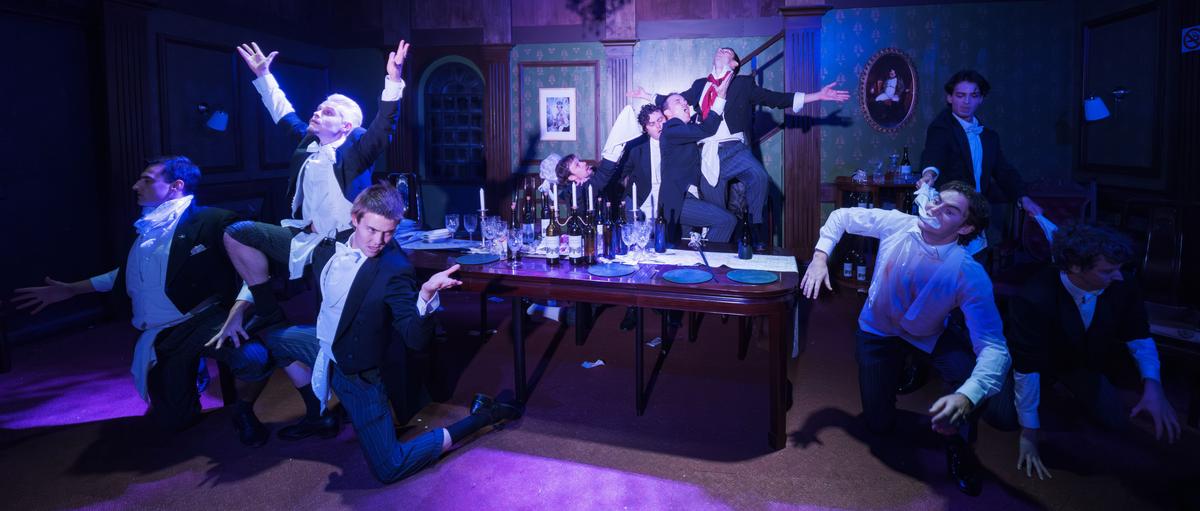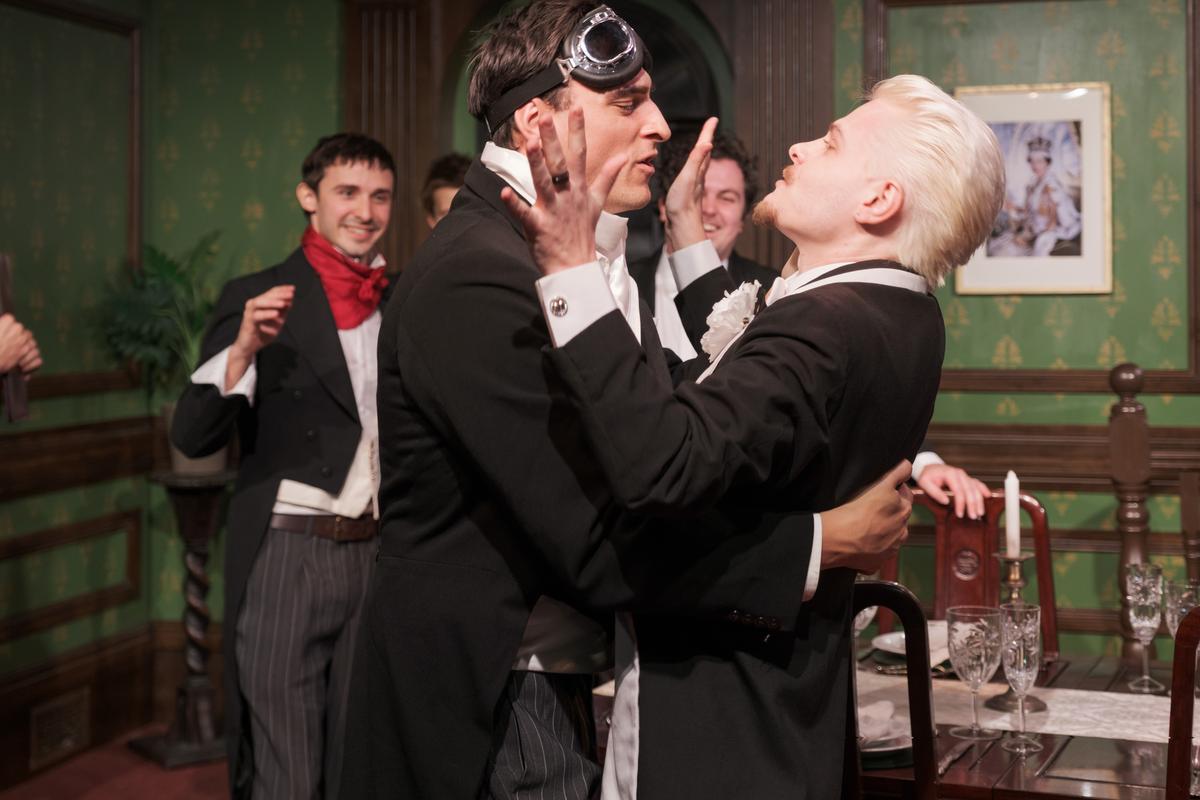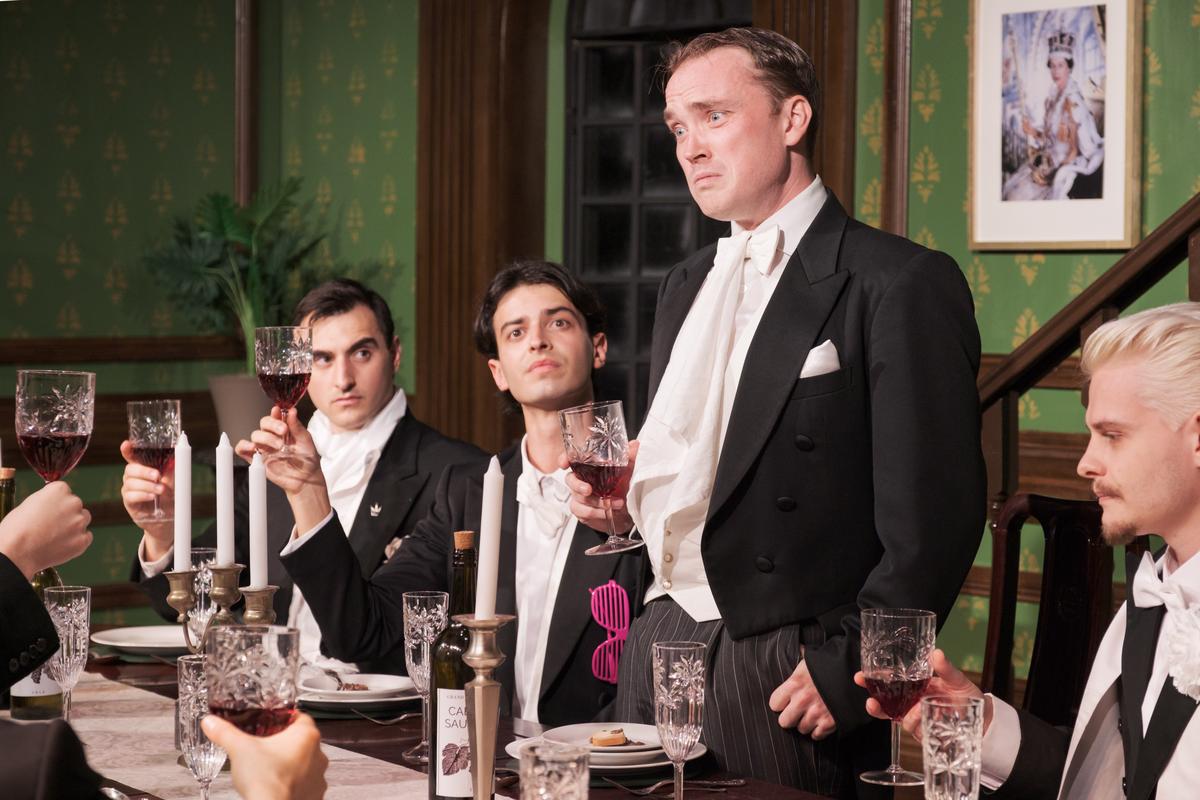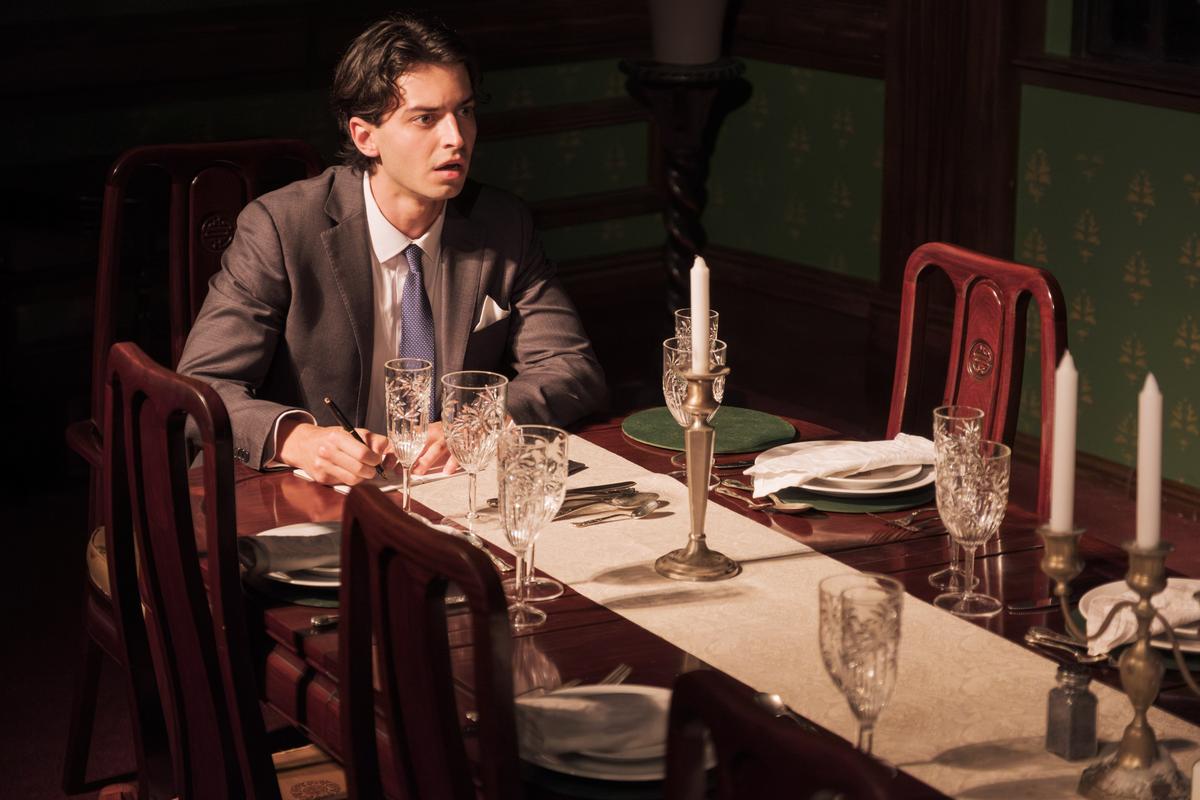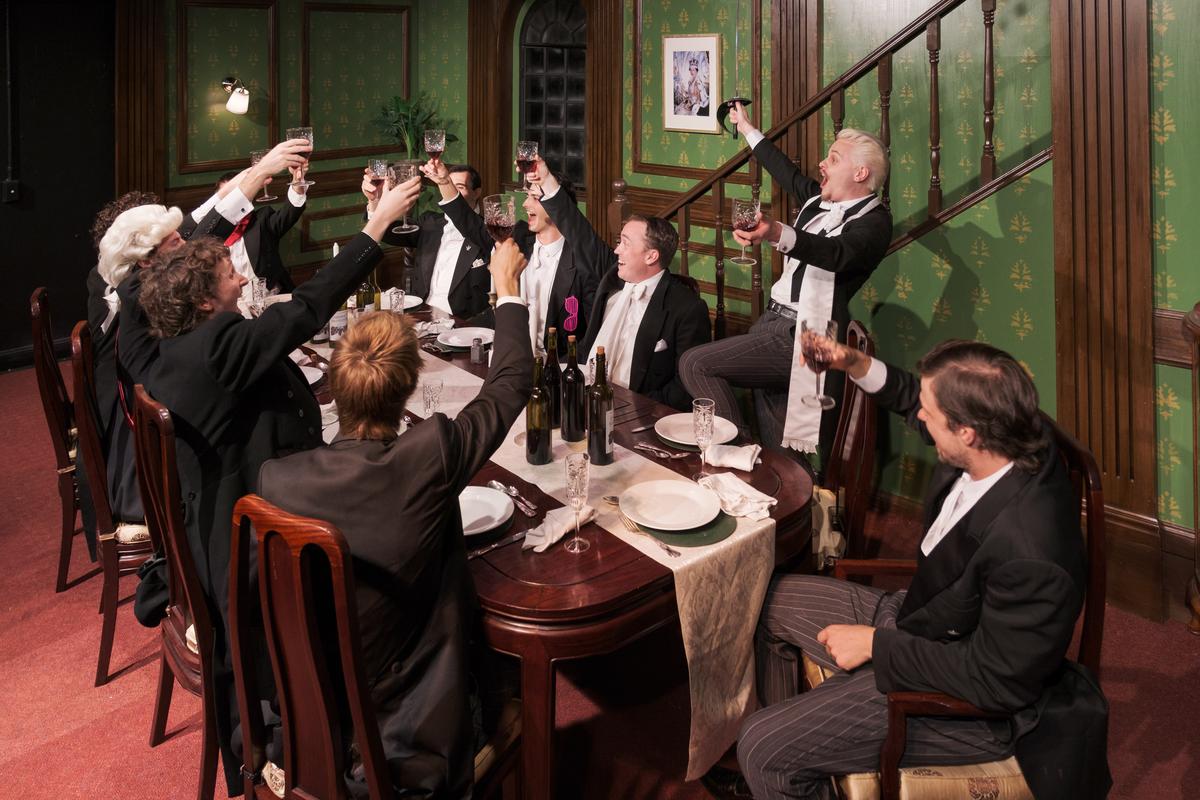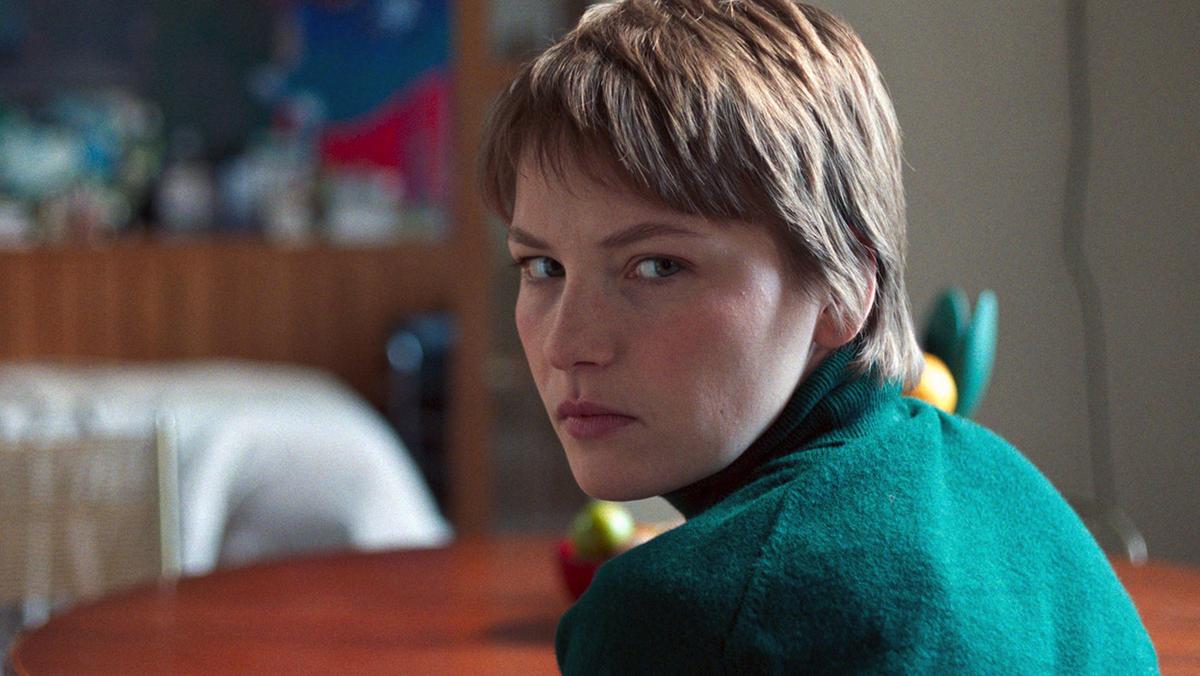TATAMI is the first feature film co-directed by Iranian and Israeli filmmakers. It had its world premiere at the 80th Venice International Film Festival on September 2nd, 2023 and received very positive reviews from the critics and audience. It is currently part of the 11th Persian Film Festival, which is being held until the 11th of May 2025.
The program of the festival includes a competition in feature, documentary and short film categories where the festival jury will present the Golden Gazelle Award to the best film in each section. The festival opened in Sydney and will tour to Melbourne and Armidale. TATAMI could be called a meditation upon the possible role international sports could play in world politics. It’s co-directed by Zar Amir and Guy Nattiv.
Guy Nattiv is an Israeli who lives and works in the United States. His film Skin won an Oscar for best short film at the 91st Academy Awards, and he is one of only three Israeli directors to have won an Academy Award.
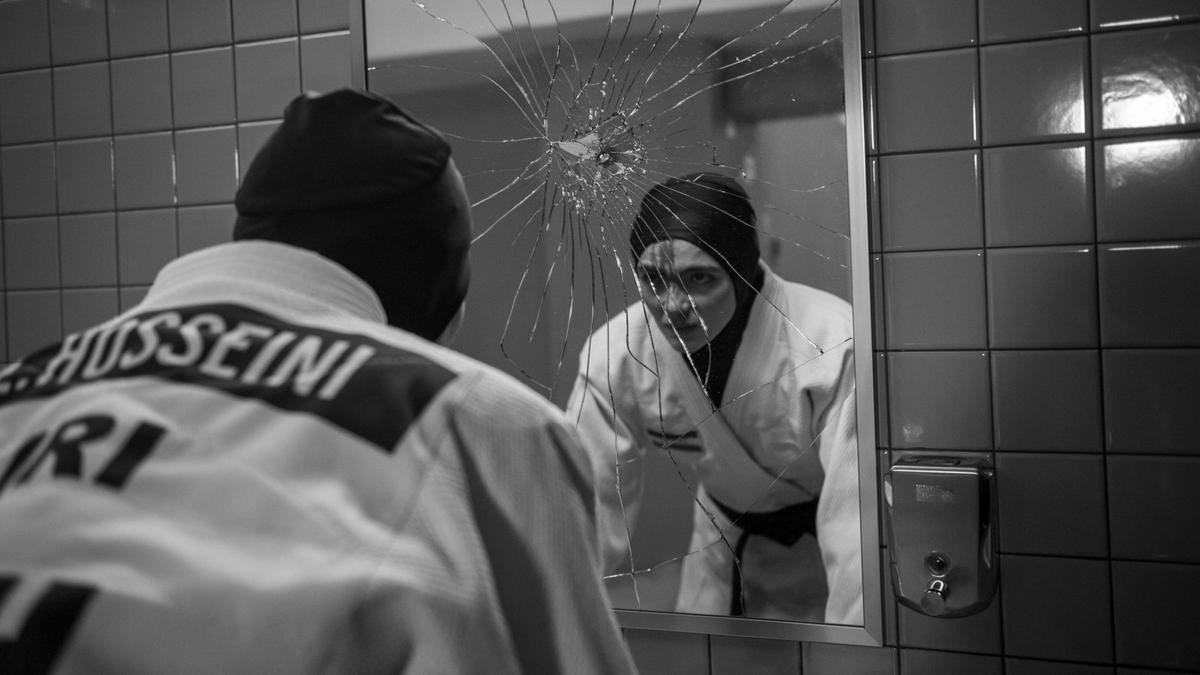
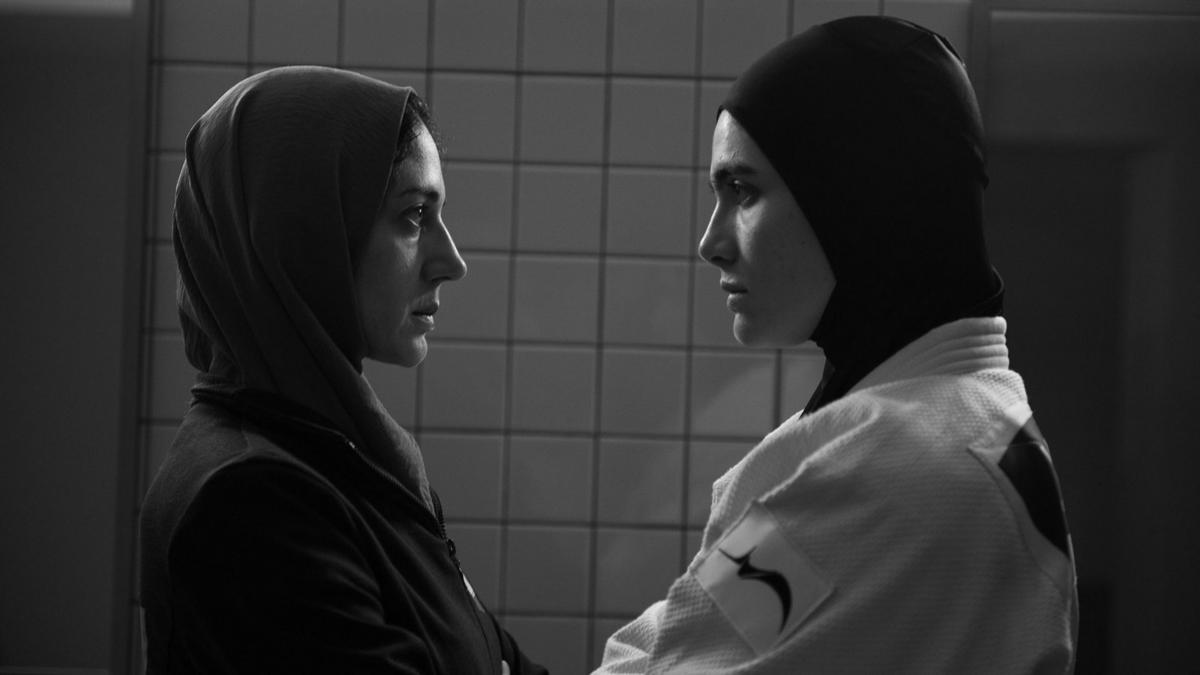
Zar Amir Ebrhimi is an Iranian and French actress, producer and director. She rose to international prominence for her performance as journalist Arezoo Rahimi in the crime thriller Holy Spider in 2022, for which she won the Cannes Film Festival Award for Best Actress and the Robert Award for Best Actress as well. In 2022, she appeared on the BBC’s 100 Women list as one of the world’s inspiring and influential women of the year.
The film follows Iranian female judoka Leila, played by Arienne Mandi, and her coach Maryam, played by co-director Zar Amir Ebrahimi, as they travel to the World Judo Championships in Tbilisi, Georgia. Both Leila and her coach are initially intent on bringing home Iran’s first gold medal. But doing so includes the possibility of an encounter with an Israeli athlete, which is something the Mullah regime of the Islamic Republic prohibits.
Midway through the competition, Leila and her coach receive repeated threats from the Islamic Republic ordering Leila to fake an injury and drop out of the tournament. With her own and her family’s freedom at stake, Leila faces a difficult choice: feign injury and comply with the Iranian regime as her coach implores or defy them and fight for the gold.

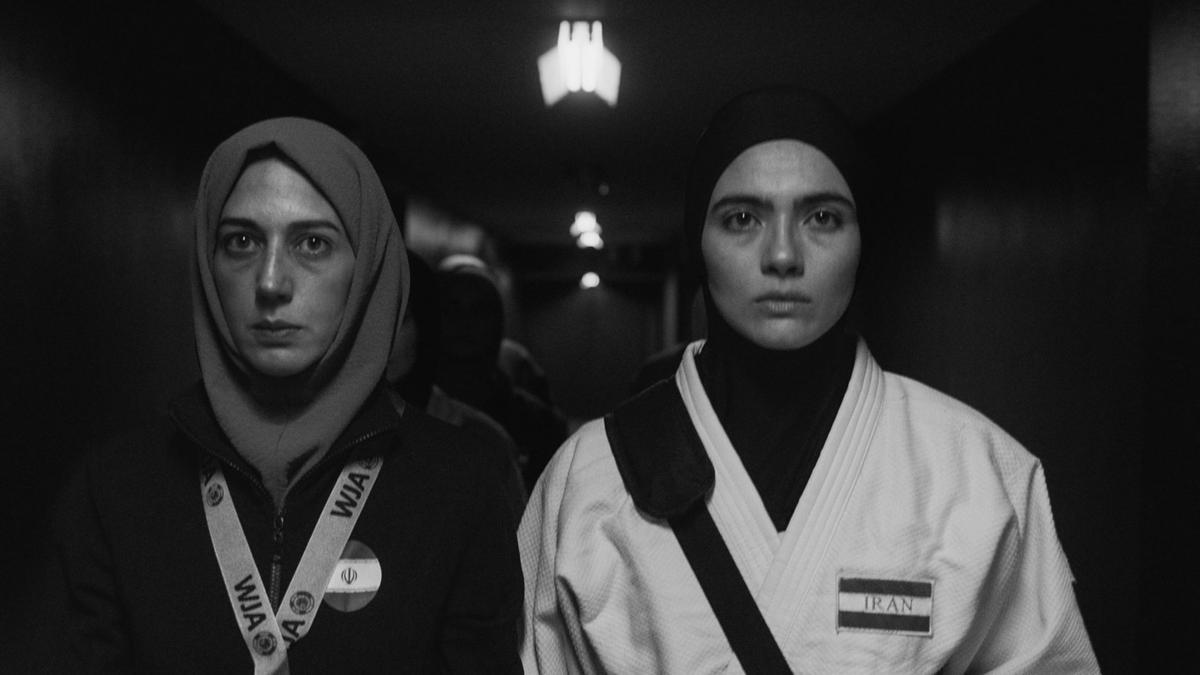
As an analogy for the differentiation between enemies and rivals, the story paints a poignant picture. Enemies want you to die. Rivals want you to become better, so the challenge would be worthwhile. Adding to that, since TATAMI has been co-directed by an Israeli and an Iranian it is a great piece of art reflecting what life could be if we all had our heads on right. Also, the film is shown in black and white, which lends a sombre tone, without sounding preachy.
I recommend this film, and I give it a big thumbs-up. Five stars out of five for me.
The Persian Film Festival will run from 24 April to 11 May 2025 in Sydney, Melbourne, and Armidale. For session details and to book tickets to Tatami and other films, please visit https://www.persianfilmfestival.com/.

